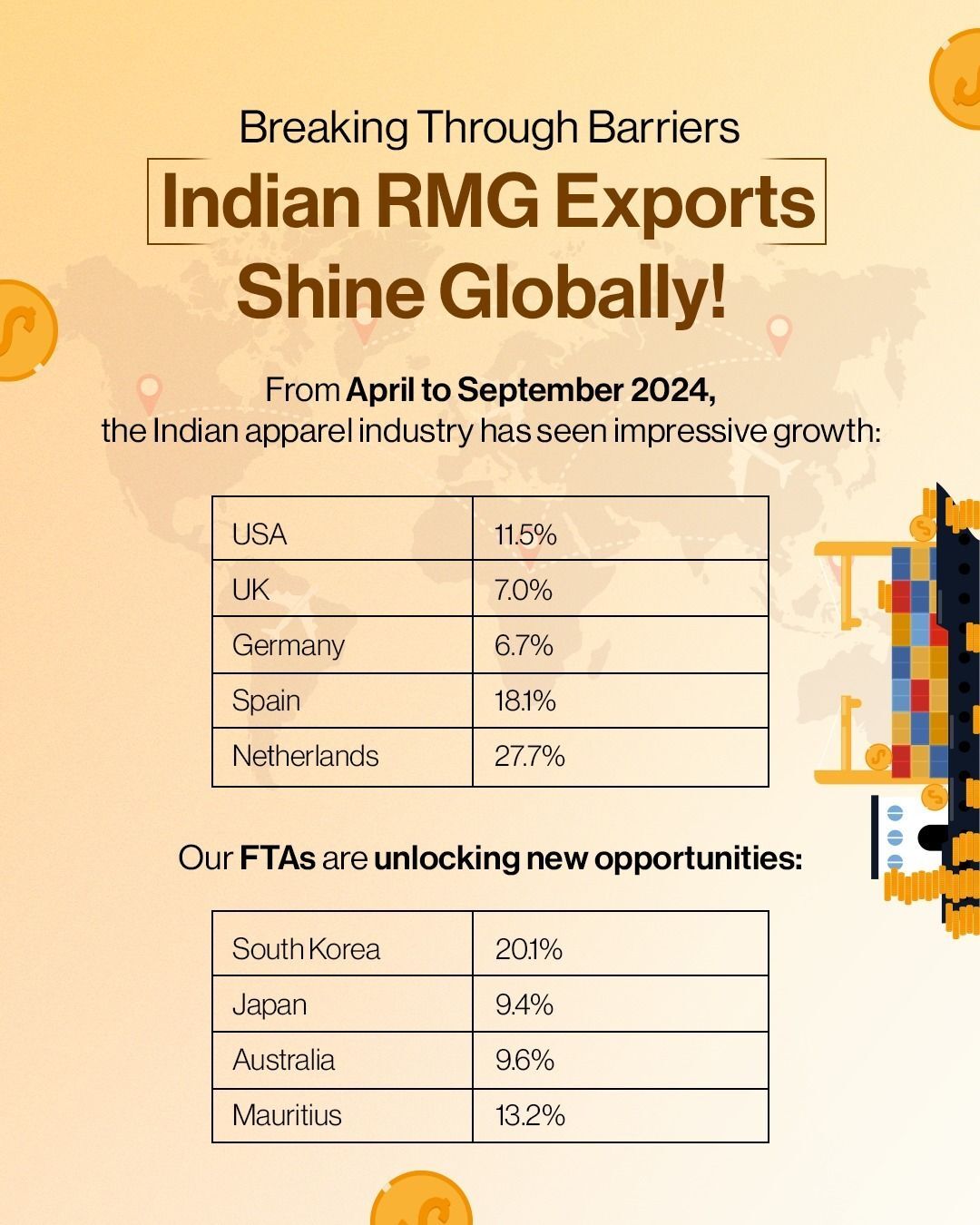Sri Lanka's apparel industry is making strategic moves to stay relevant amid impending legislative changes affecting the global fashion and apparel sectors.
Collaborating with organisations like GS1, the Asian Development Bank (ADB), and the International Financial Reporting Standards (IFRS), Sri Lankan manufacturers are embracing transparency and traceability initiatives.
In a proactive effort, Sri Lanka's apparel manufacturers have announced the implementation of QR code tags on all apparel items. These QR codes will provide stakeholders and consumers with comprehensive information, including details about the brand, materials used, care instructions, supply chain traceability, and end-of-life guidelines.
Nick Allison, GS1 New Zealand emphasised the enhanced capabilities of these QR codes, which will offer dynamic data updates on apparel items. This initiative aims to meet evolving Environmental, Social, and Governance (ESG) information requirements, thereby facilitating export market access.
Despite a slight decline in apparel exports from Sri Lanka in 2023 compared to the previous year, optimism remains high. The Ceylon Chamber of Commerce reported that 39 per cent of Sri Lankan exporters anticipate moderate growth in the country's economy in 2024.
The decision to implement QR code tags was not driven by legislative mandates in Sri Lanka but rather by a forward-looking approach to align with global trends. With increasing regulations in major markets like the United States, United Kingdom, and European Union focusing on supply chain transparency, Sri Lanka's initiative positions it ahead of regional competitors.
For instance, regulations such as the US Uyghur Forced Labor Prevention Act (UFLPA) and the UK Modern Slavery Act highlight the growing importance of supply chain traceability and accountability. In Europe, ongoing debates surrounding the EU's Corporate Sustainability Due Diligence Directive (CSDDD) underscore the urgency for companies to demonstrate responsible sourcing practices.
By proactively addressing these regulatory trends, Sri Lanka's apparel industry aims to enhance its global competitiveness and attractiveness to international brands. Initiatives like digital passport-style tags, already adopted by brands like Mara Hoffman and Coach, signify a broader industry acknowledgment of the importance of supply chain transparency.












